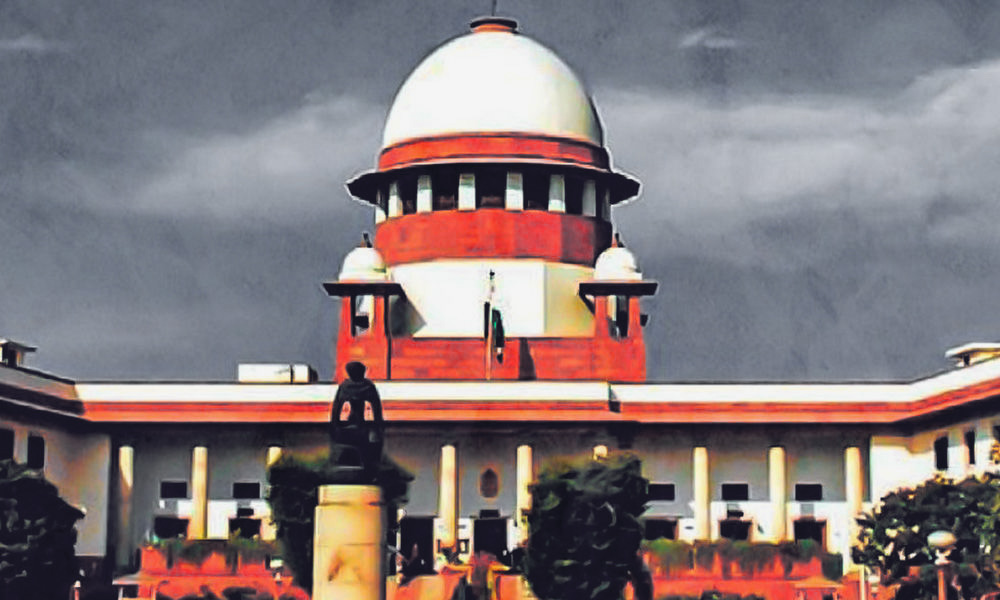
Image Credits: The New Indian Express
Supreme Court To Analyze The Validity Of Sedition Law, Seeks Centre's Response On The Same
Writer: Anchal Rana
I am a history enthusiast. I like star-gazing, mountains, reverie and my headspace. Unabashedly an anime lover. I don’t read but write poetry. Books are a relief. Curious to learn the unknown. Prefer the countryside and tea. Above all an aesthete.
Delhi, 1 May 2021 11:53 AM GMT
Editor : Al Arafat Sherfuddeen |
Passionate writer about current events, politics and happenings nationally and globally. An agent of communal harmony and an ardent Arsenal fan.
Creatives : Vijay S Hegde
I am a creative, artistic and ambitious designer, with a talent for thinking outside the box and coming up with innovative ideas and designs. I graduated with a 1st Class honors degree in Video Editing from MAYA ACADEMY OF ADVANCED CINEMATICS
Two journalists Kishorechandra Wangkhemcha of Manipur and Kanhaiya Lal Shukla of Chhattisgarh, filed the PIL, claiming that the law infringed on their right to freedom of speech and expression.
On Friday, the Supreme Court requested the Central Government to respond to a Public Interest Litigation (PIL) challenging the constitutionality of Section 124A of the Indian Penal Code, which criminalizes sedition. It is the second time in less than three months that the court has witnessed such a plea. On Friday, the appeal was heard by a three-judge bench constituting Justices UU Lalit, Indira Banerjee, and KM Joseph, who issued a notice to the Centre. Two journalists Kishorechandra Wangkhemcha of Manipur and Kanhaiya Lal Shukla of Chhattisgarh, filed the PIL, claiming that the law infringed on their right to freedom of speech and expression.
Journalists Continue To Face The Wrath Of Sedition Law
Mr Wangkhemcha and Mr Shukla both said they were prosecuted under Section 124A for raising concerns about their respective state governments and Centre. They were charged, and cases registered against them for comments and cartoons shared by them on Facebook. Since 1962, there has been widespread misuse, misapplication, and violation of Section 124-A, according to the petition. They argued that while the violation does not affect the law's validity and itself, it highlights the law's ambiguity and uncertainty. It also said that the provision has a chilling impact on democratic freedoms that are unacceptably high reported NDTV.
Sedition as an offence has since been abolished in other post-colonial democracies, which have criticized it as undemocratic. The British Raj introduced section 124A of the Indian Penal Code (IPC) in 1870. In the 150 years since then, it was grossly misused Pre-independence by the British and by the elected governments post-independence. British have abolished the law, while India continues to retain it despite the blatant misuse to muzzle voices. Sedition by definition in the law is "any person by words, either spoken or written, or by signs, or by visible representation, or otherwise, brings or attempts to bring into hatred or contempt, or excites or attempts to excite disaffection towards the government established by law in India". The plea came less than three months after the Supreme Court rejected a similar challenge to the amendment brought by three attorneys.
 All section
All section














